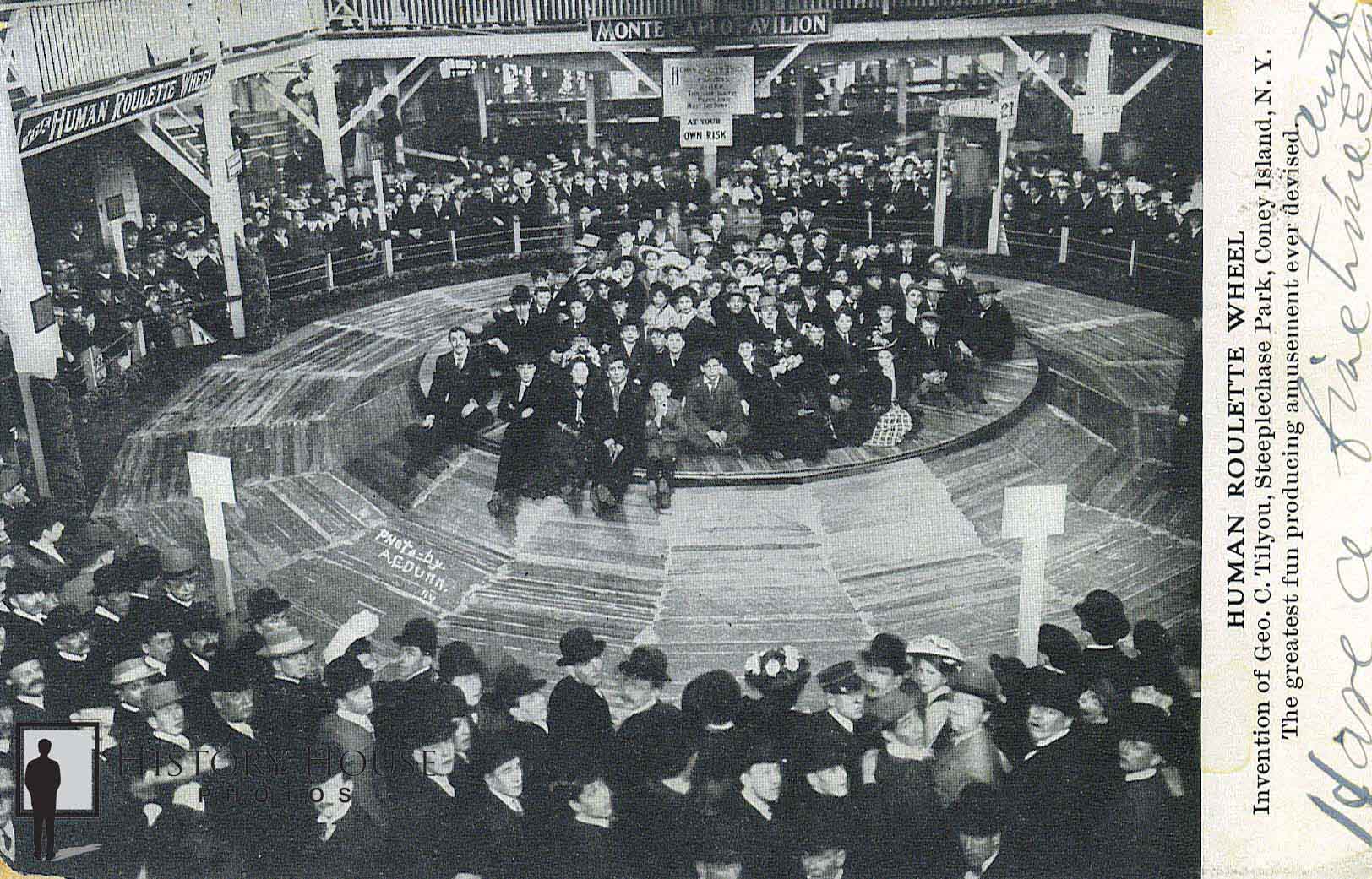
The British gambling company Ladbrokes recently released odds that predict a Nobel Prize for Japanese novelist and Occidental love-affair, Haruki Murakami. Just below Murakami is Chinese literary barnstormer Mo Yan. This contest—where the Western world annually holds court over the global literary scene—illuminates the criteria that Western critics and readers use to judge a work.
Murakami is known for his particular use of Western tropes, a coolness that woos the Western reader with a window into smoke-filled Jazz cafés and seedy power-brokers. Mo Yan on the other hand, like many translation-worthy authors, is a go-to in the search for progressive voices. The seminal role Mo Yan took during Deng Xiaoping’s reforms, massages the Western fascination with the struggle for democracy.
In truth, Mo Yan owes his continued successes to a different generation of authors. According to a recent article in Channel News Asia, new literary voices in China, skirt intense censorship via the internet “[make] it easier… to deal with issues like sex and drugs more directly than they had done before.” This works in tandem with Mo Yan’s past. According to Harvey Thomlinson, founder of British Make-Do Publishing, it is the very fact that Mo Yan’s work existed within a certain historical milieu that lends him his marketability: “Western imprints pick out only a few genres for translation such as the Cultural Revolution memoir, along with novels by Westernised Chinese authors—who often write original work in English.” I’m looking at you, Dai Sijie. The point is, that censorship makes these older authors (with an already solid market base) even more appealing and sensational to the Western critical elite.
This realization casts a long shadow over recent news that Myanmar’s chief censor (a literary mind in his own right), U Tint Swe, has elected to shut down the censorship office. Enthusiasm from the Western press will be no doubt short lived, given that there is no longer an attractive stricture placed upon the populace.
The Burmese authors now face a familiar conundrum: to Westernize or not to Westernize, that is the question. The pioneering voice must now become the homogenized voice. Postcolonialism is often the criterion by which so-called leaps and bounds are made in the culture; likewise, it is what endears Asian writers to the west. However, in the case of Murakami, it is the object of his harshest domestic criticism. The precise traits which have placed him in line for the Nobel are the target of jun-bungaku loving critics. In the West, 1Q84, far from the author’s best work, sold more copies in its first six days than the rest of his canon combined. It is in our effort to appear worldly that we pick one author to represent an entire culture.

